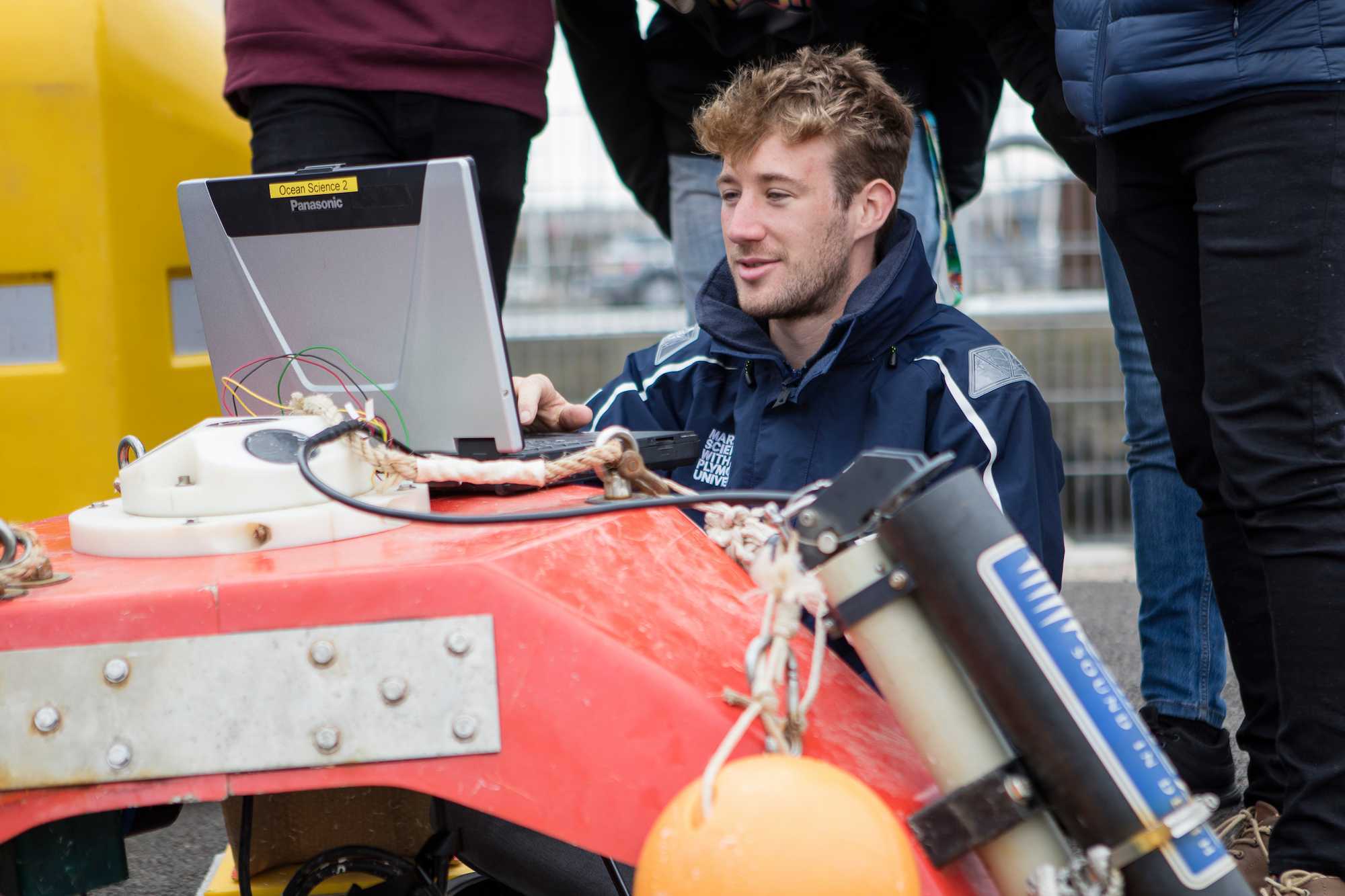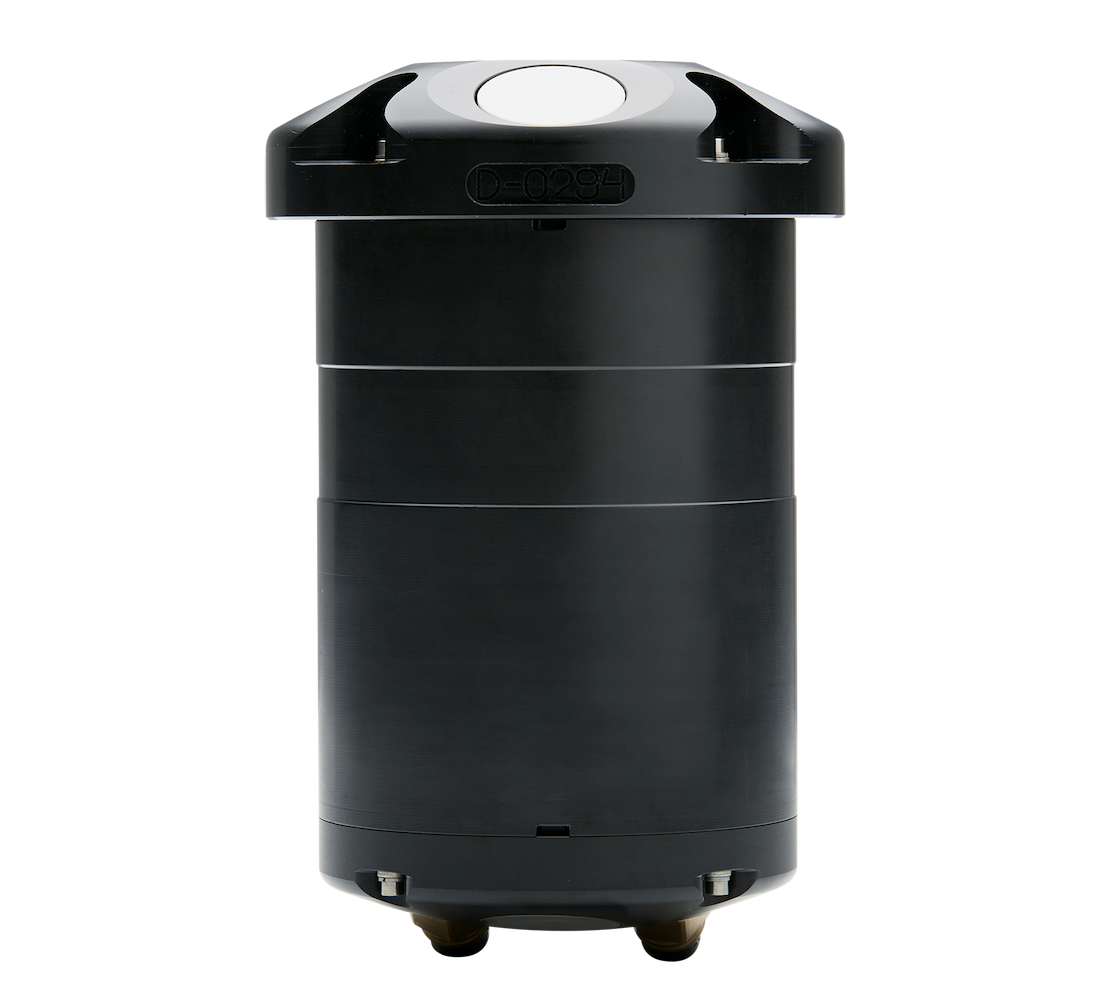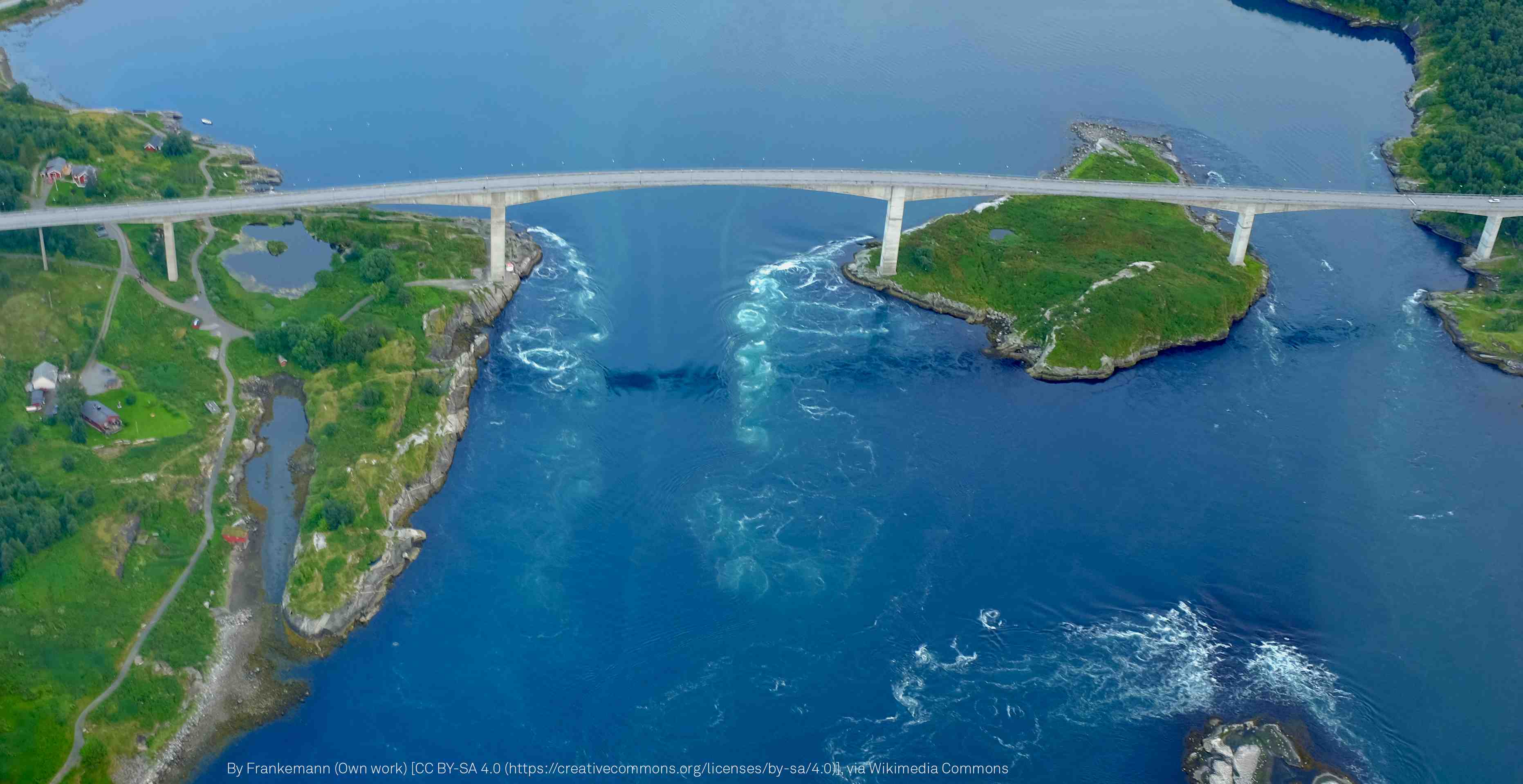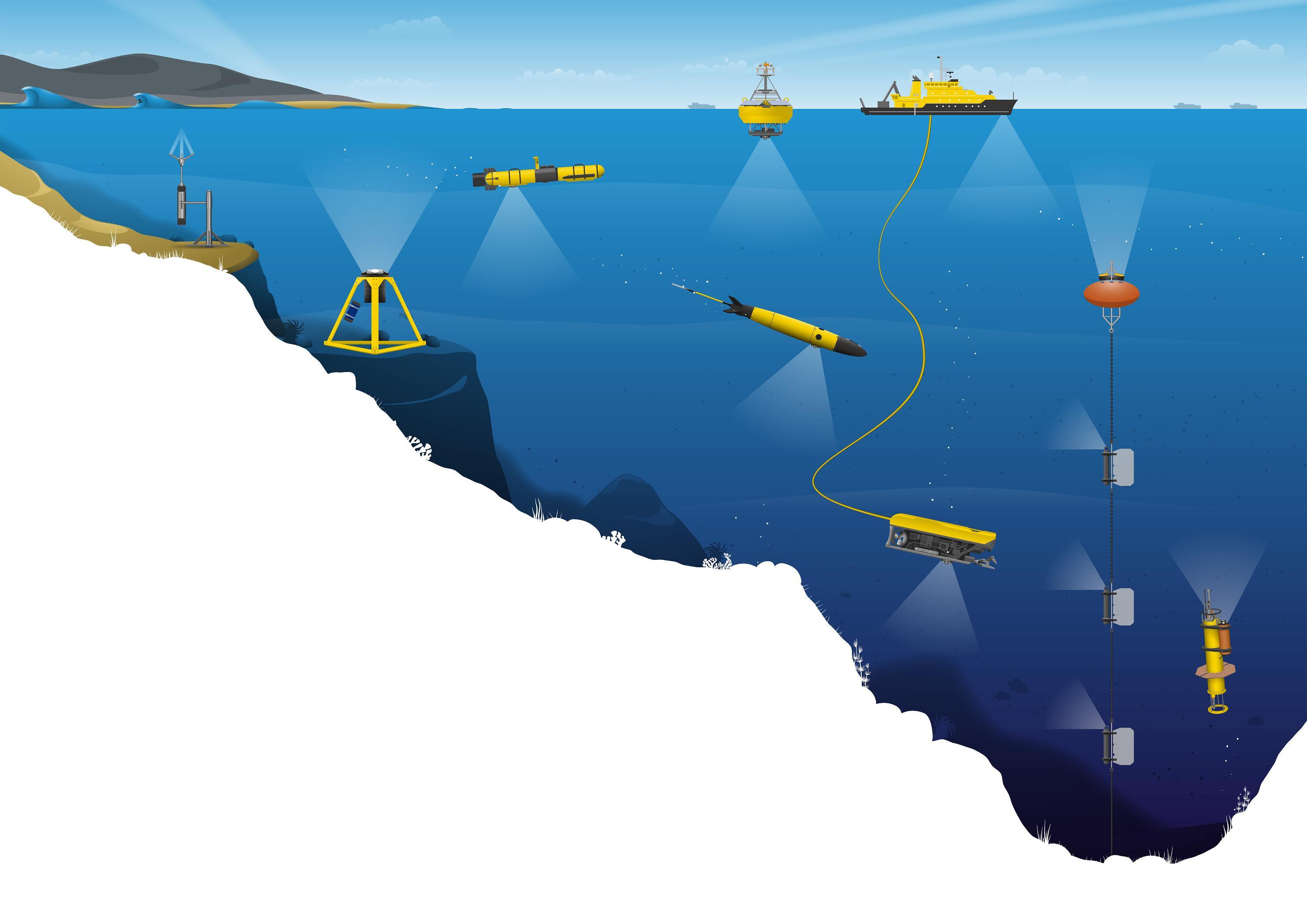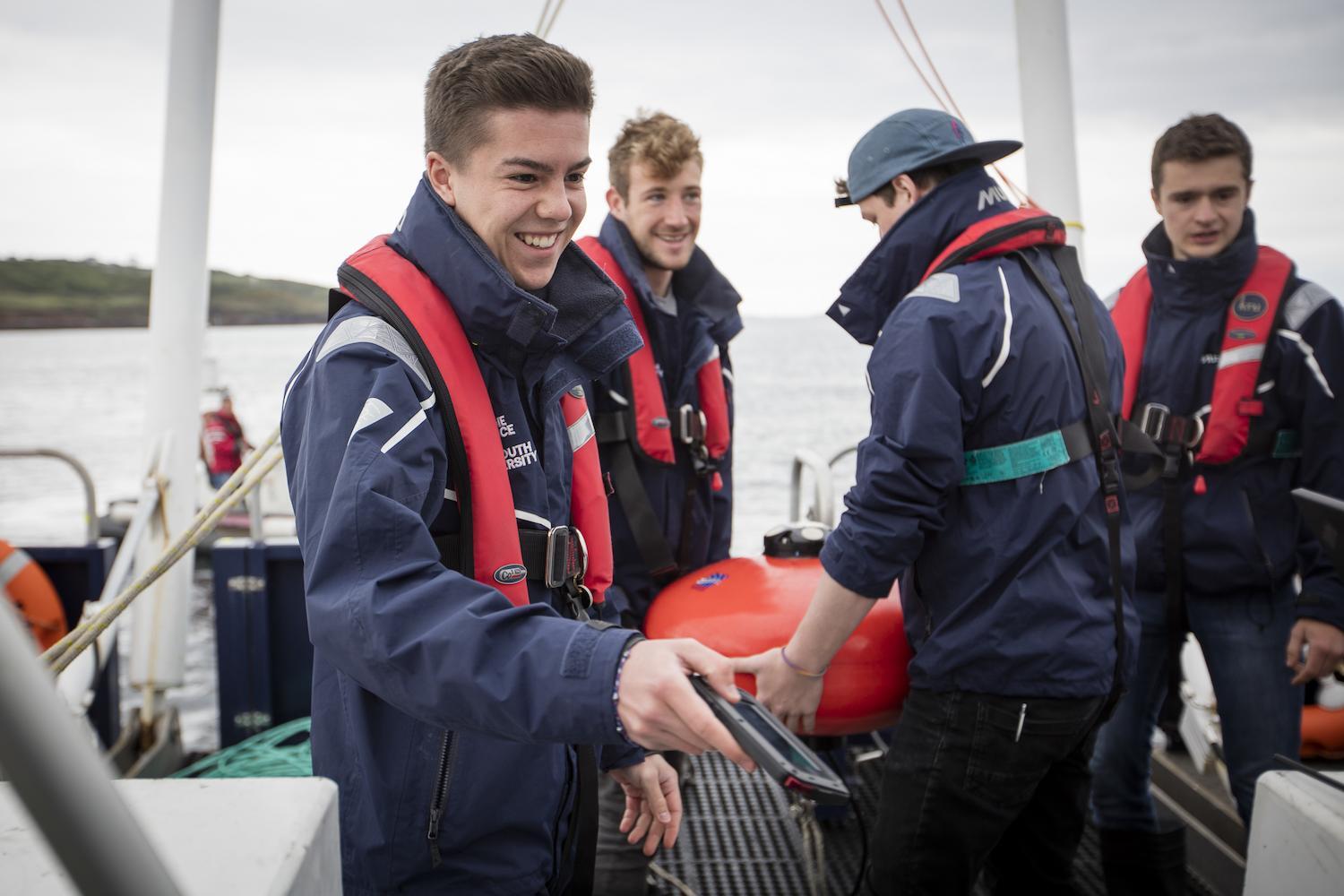
How Plymouth University students get to grips with measuring currents through hands-on experience
- User stories
During the “Researching the Marine Environment” module, students at Plymouth University are based at the university’s Marine Station for a month. A key part of this intensive module is a collaborative training session with Nortek. The two-day training session with Nortek extends from teaching theoretical aspects in the classroom through to field deployments of Nortek’s state-of-the-art Acoustic Doppler Current Profilers (ADCPs), and the subsequent analysis of the data collected.
Learning about technical aspects of current measurements
The students learn all about the technical aspects of current measurements: how to program the instruments, and the principles of their deployment. They then learn how to construct bed frames and deploy them out in The Sound, a nearby bay in the English Channel. The ADCPs are left there for a week, after which the students collect them. Back in the lab, they extract the data and learn how to analyze it using scientific software.
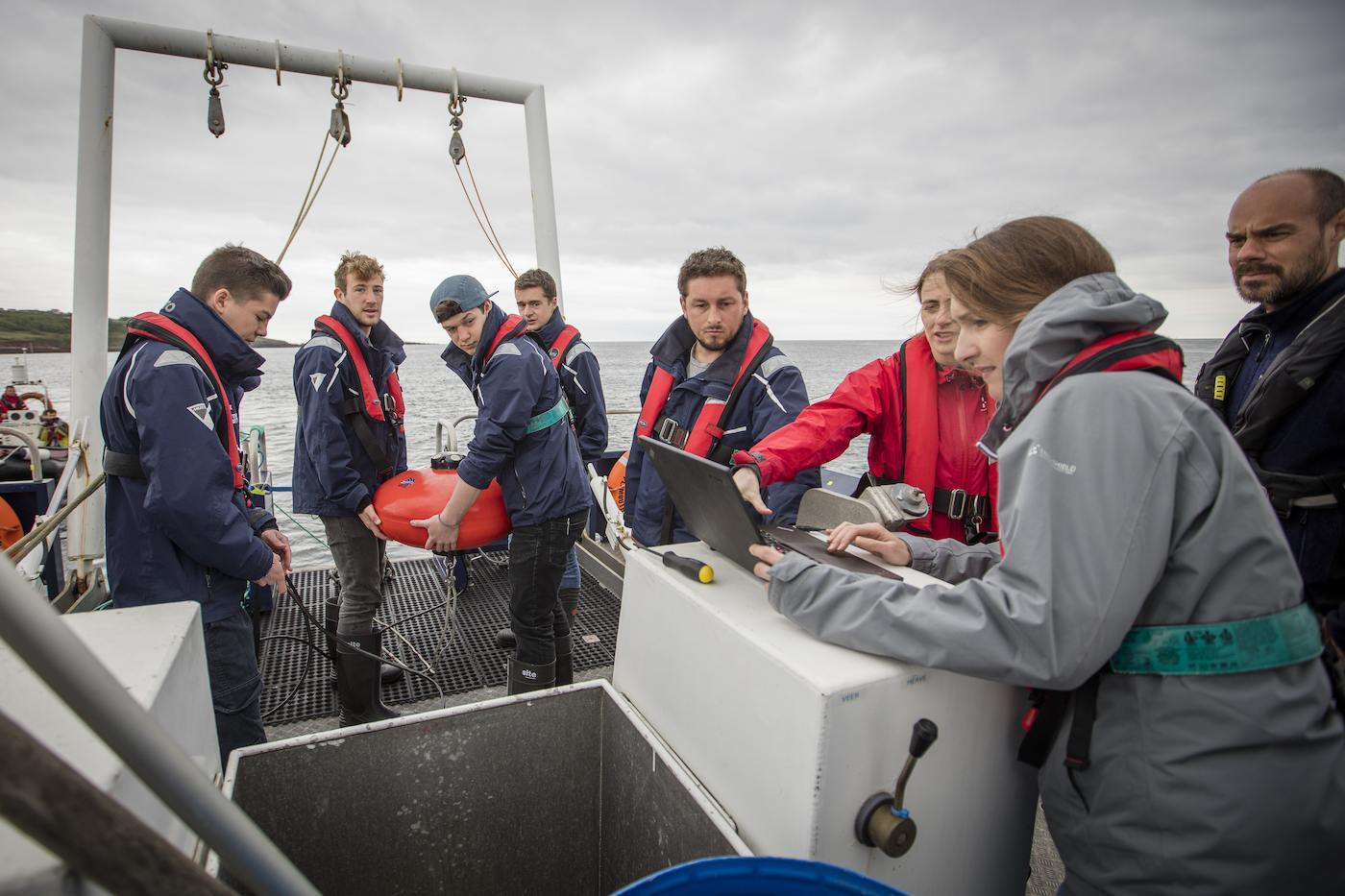
“It’s really the defining feature of the module,” says Dr Philip Hosegood, Associate Professor (Reader) in Physical Oceanography at the university’s School of Marine Science and Engineering. “They actually get to program, prepare and deploy the equipment, because that’s what employers want.”
Video: Training the next generation of oceanographers
Through this process, students learn how the Doppler measures waves and currents, and acquire an awareness of the cost and organization involved in carrying out campaigns.
“Using the Signature1000 ourselves in the Plymouth Sound gives us an insight into the technology that I didn’t expect to get at this stage of my course – if at all. It was this kind of collaboration with industry-leading producers of technology that attracted me to the course here at Plymouth University,” says Duncan Wright, BSc Oceanography and Coastal Processes student at Plymouth University.
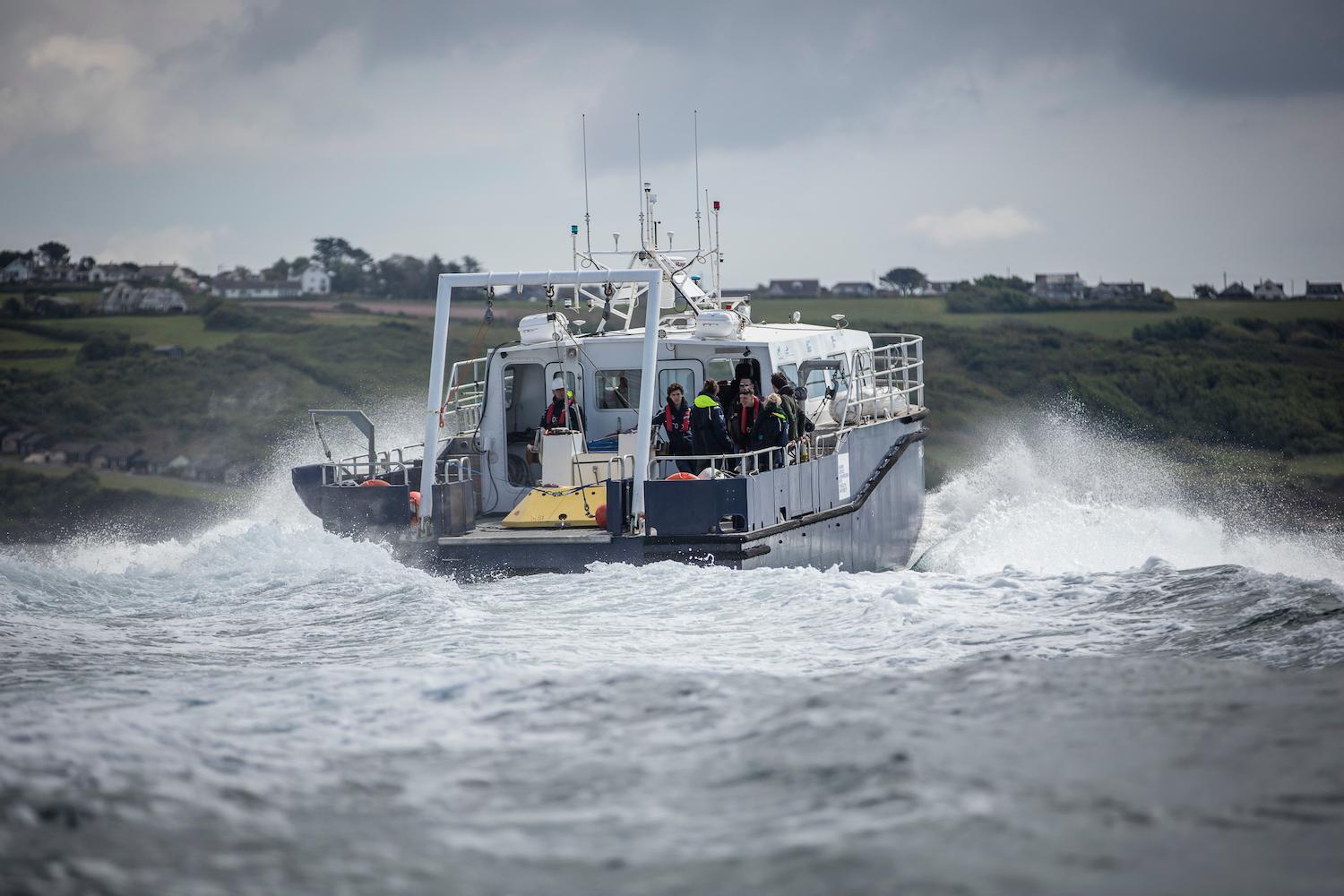
Peter Thursfield, also a BSc Oceanography and Coastal Processes student at Plymouth University, emphasizes that by “working so closely with the actual producers of the instrument, I feel I have a much better appreciation and understanding of the technological capability of these instruments, and the level of my work as a student is dramatically improved as a result.” Peter also trialed the vessel-mounted application of a Nortek Signature1000 during his dissertation work during the summer.
Measuring currents, waves, turbulence – and echo sounding
This year, students were taken out in small groups to deploy one of Nortek’s smallest instruments, the Signature 1000. “Students could measure any parameter that they wanted to with it, as it’s multi-purpose,” explains Claire Cardy from Nortek UK. During the session, the students measured currents, waves, turbulence, and echo sounding, which is a new feature. “The students gained an appreciation of how the physics of the water affects the biology,” Cardy adds.
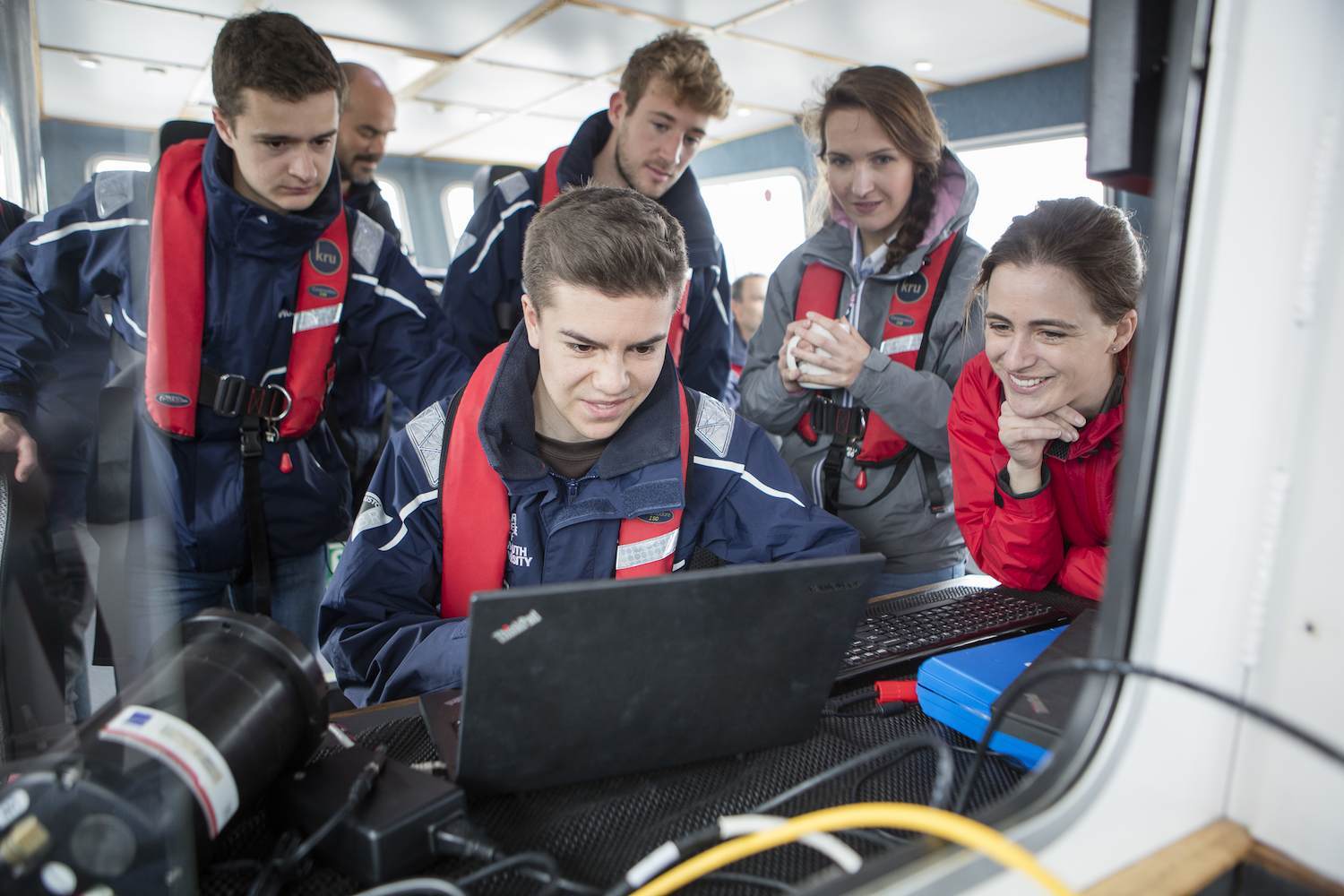
The value of practical experience when finding employment
The experience stands the students in good stead for the residential field weeks during the following semester, and for their research project, and is invaluable when it comes to finding employment after their degree. The Nortek was deployed independently by students during their field week to the Isles of Scilly during September 2017 and collected high-resolution data including the echosounder, 5-beam burst, and high-resolution modes.
Read the latest news on Nortek product innovation and exciting features.
As Dr Hosegood explains: “By working with Nortek so closely, we are able to achieve these goals to a much higher level than we would otherwise be able to do.”
He emphasizes that this type of partnership is part of Plymouth University’s approach, helping to improve the development of their students’ practical skills with an emphasis on ensuring they are able to independently prepare these technologically advanced instruments for safe deployment and recovery, and subsequent analysis using Nortek software and MATLAB.
